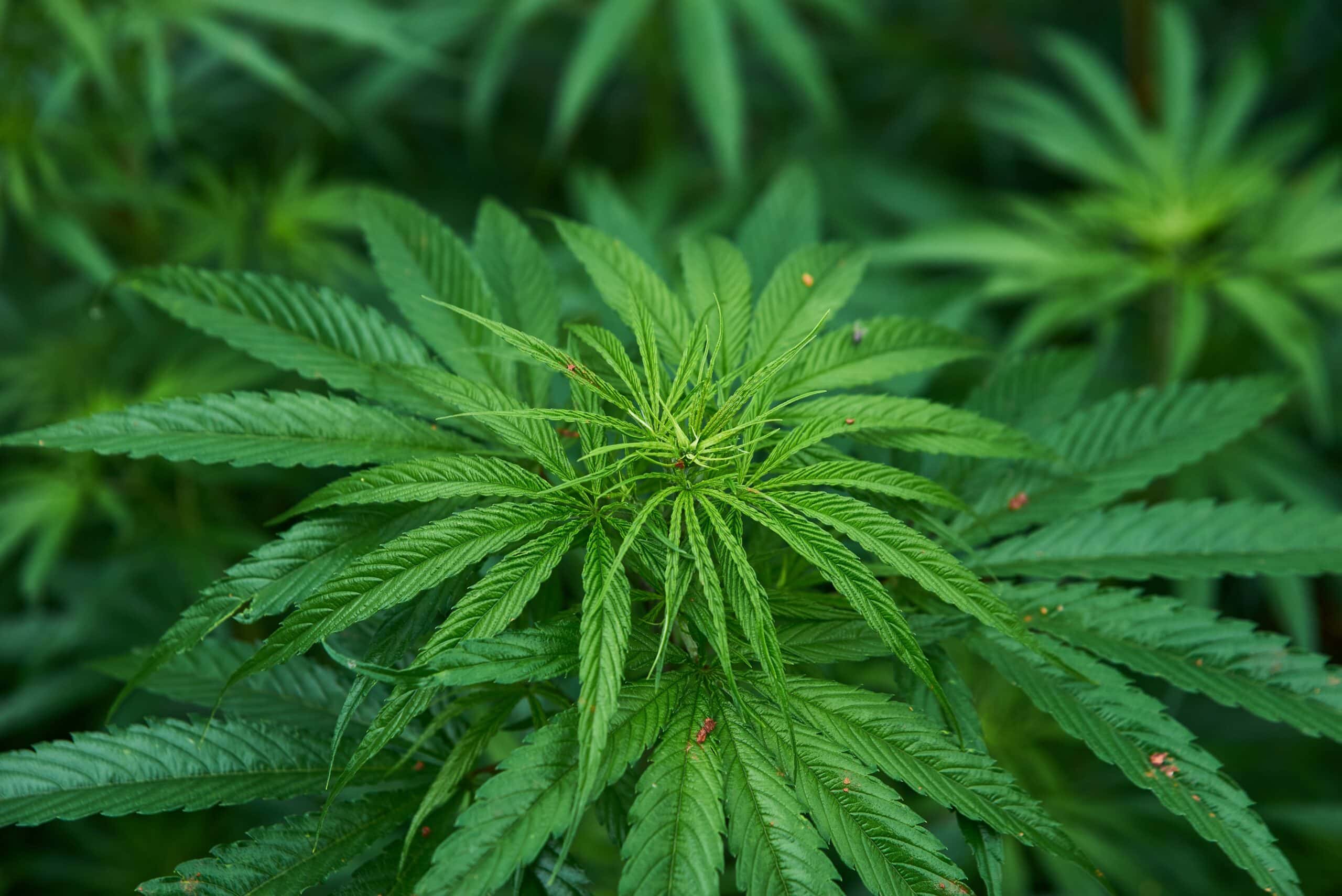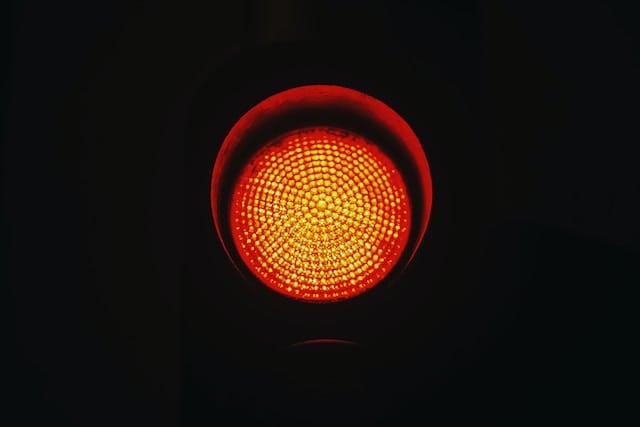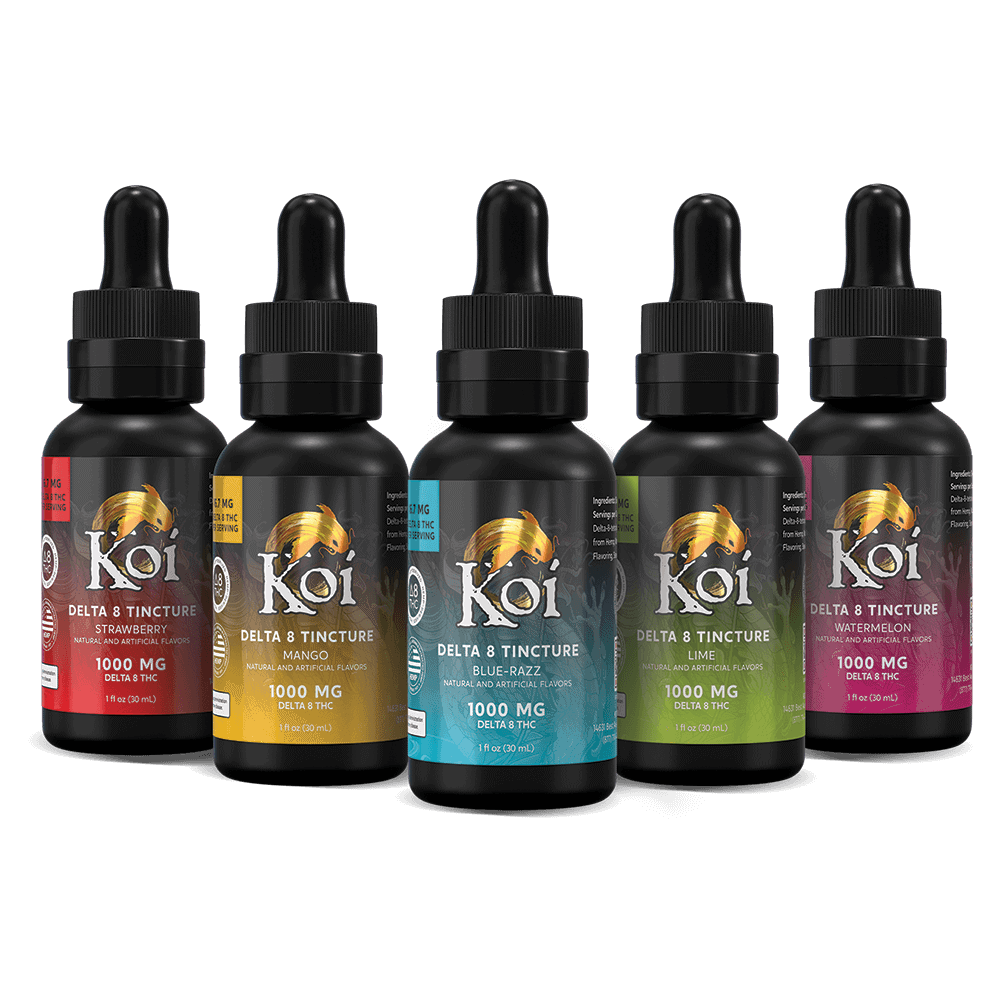
EVERYTHING YOU NEED TO KNOW ABOUT THC
What is THC?
THC, or tetrahydrocannabinol, is the primary psychoactive compound in cannabis, responsible for the characteristic “high” experienced by users. As one of over 100 cannabinoids in the plant, THC binds to CB1 receptors in the brain and nervous system, part of the body’s endocannabinoid system. This interaction leads to effects such as euphoria, relaxation, altered sensory perception, and increased appetite. While many use THC recreationally for its psychoactive effects, it also offers potential therapeutic benefits.
The legal status of THC varies globally; some regions have legalized it for medical and recreational use, while others still classify it as a controlled substance. As interest in cannabis grows, THC remains a central topic of research and discussion, underscoring its complex role in both medicine and society.

Answers To The Most Asked Questions About THC
As of now, THC (tetrahydrocannabinol) is not federally legal in the United States. THC is classified as a Schedule I controlled substance under the Controlled Substances Act, which means it is considered to have a high potential for abuse and no accepted medical use at the federal level. However, the legal landscape surrounding THC is complex due to the varying state laws regarding cannabis.
In many states, THC is legal for medical and recreational use, following the legalization efforts that began in the early 2000s. As of now, numerous states have enacted laws permitting the sale and use of cannabis products containing THC, often regulated through state-level medical or recreational cannabis programs.
Additionally, the 2018 Farm Bill legalized hemp-derived products containing less than 0.3% Delta-9 THC. This has led to the rise of cannabinoids like Delta-8 THC and HHC, which are often sold legally in states where cannabis remains illegal. However, this does not change the federal status of Delta-9 THC, which remains illegal.
It is important to stay informed about both federal and state laws, as the regulatory landscape is continuously evolving.
THC (tetrahydrocannabinol) and CBD (cannabidiol) are both cannabinoids found in cannabis but differ in effects and properties. THC is psychoactive, producing a “high,” while CBD is non-psychoactive, known for its therapeutic benefits without intoxication. THC can stimulate appetite and reduce pain, whereas CBD may alleviate anxiety and inflammation.
Research indicates that THC can alleviate chronic pain, reduce nausea (especially in chemotherapy patients), stimulate appetite, and help manage conditions like multiple sclerosis and glaucoma. Its potency varies significantly among different cannabis strains and products, resulting in diverse user experiences.
The most popular THC products are gummies, vapes, and tinctures, each with distinct advantages. Gummies are favored for their convenience, accurate dosing, and prolonged effects, whereas vapes offer rapid relief and adjustable dosages. Tinctures provide versatility for sublingual use or mixing into beverages, appealing to those who value flexibility. These products meet various preferences, from discreet consumption to quick onset times, making them top choices for many THC users.
Yes, THC can have side effects, including euphoria, anxiety, impaired memory, and altered perception. Physical effects may include dry mouth, increased heart rate, and red eyes. Additionally, some users may experience nausea or fatigue.
The severity and presence of these side effects can vary significantly among individuals. Factors such as tolerance, frequency of use, and individual physiology can influence how one reacts to THC. Users need to start with low doses and be mindful of their body’s responses, especially if they are new to THC. If side effects are concerning or interfere with daily life, it’s advisable to consult with a healthcare professional.
No, federal regulations prohibit the use of THC and other THC derivatives by federal employees, regardless of state legality.
No, it is typically illegal and unwise to provide THC to children. Most states prohibit the sale of THC products to minors, and research on its effects on children is limited.
Where To Buy THC
- Legal
- Moderate
- Illegal





